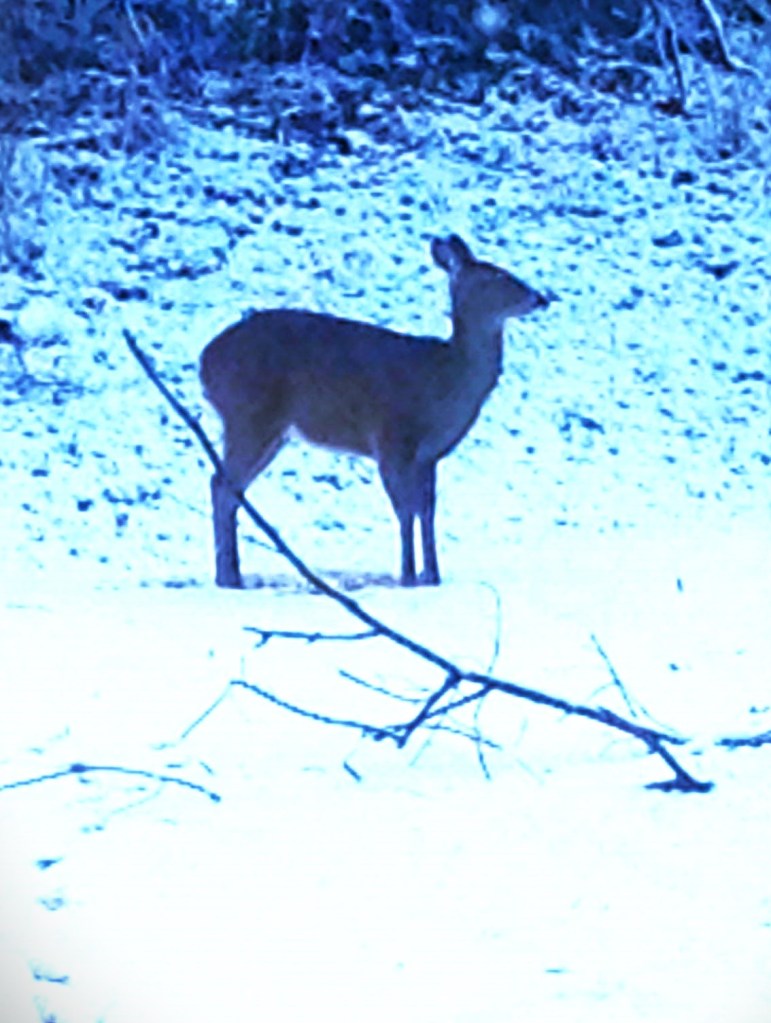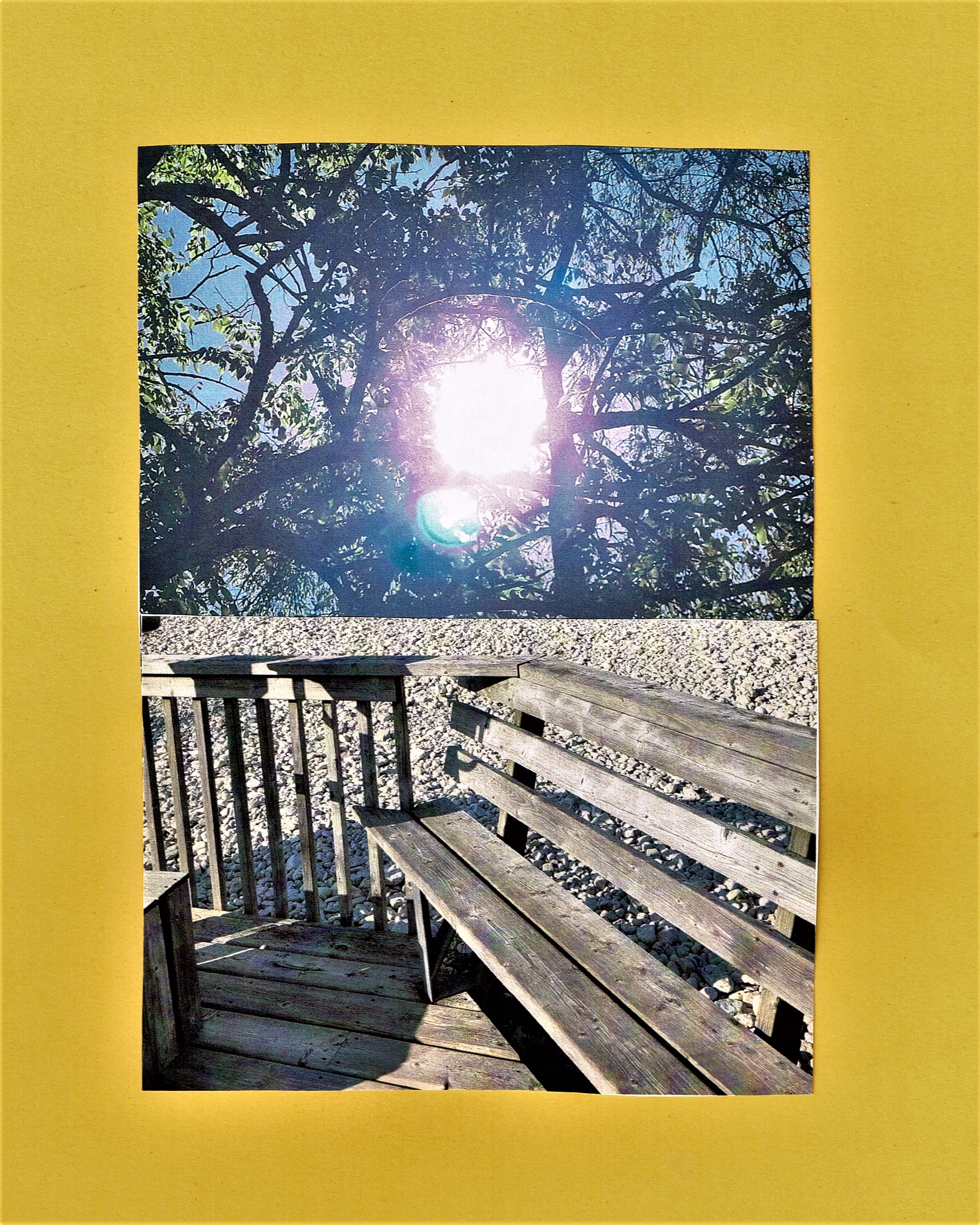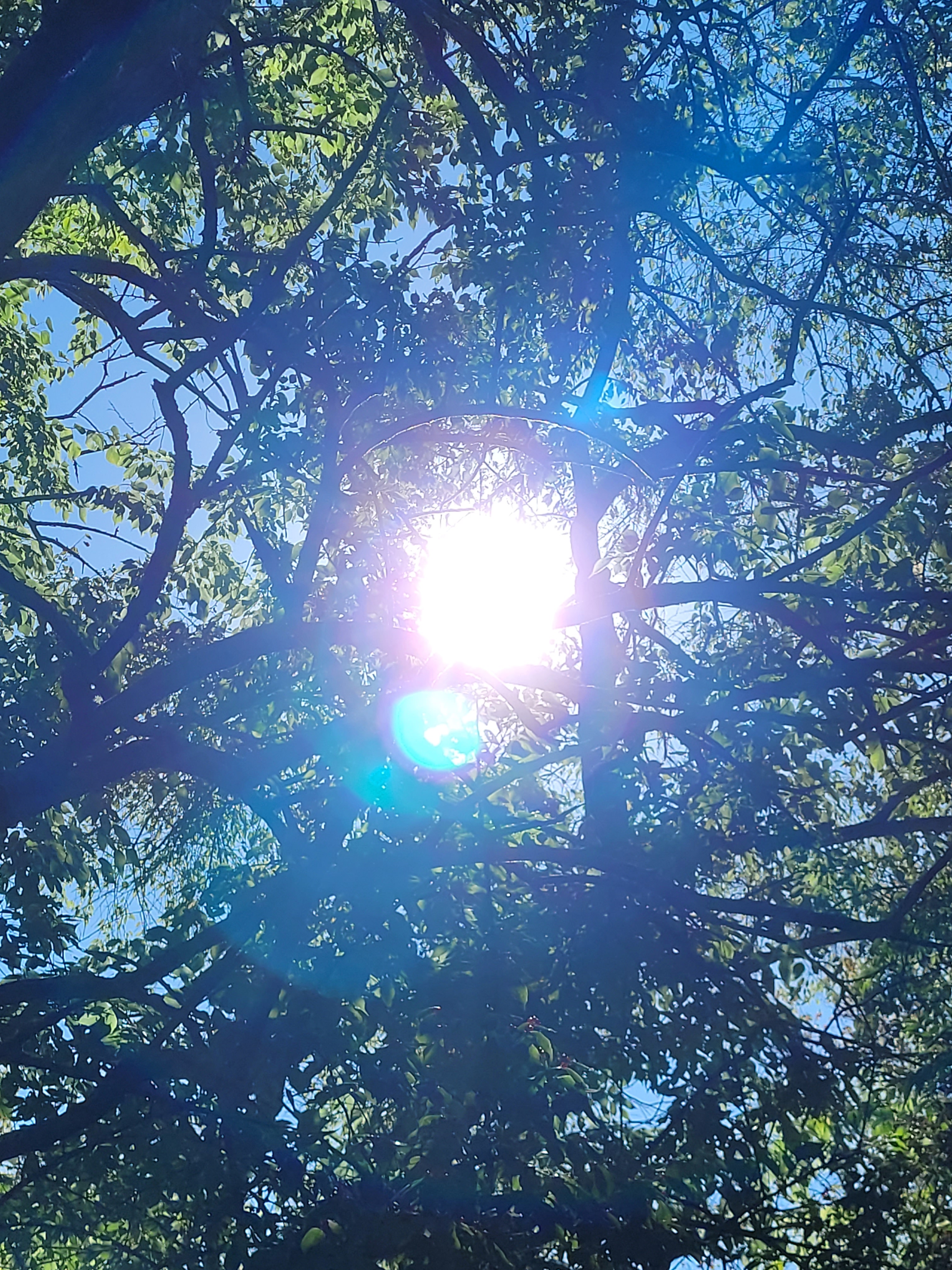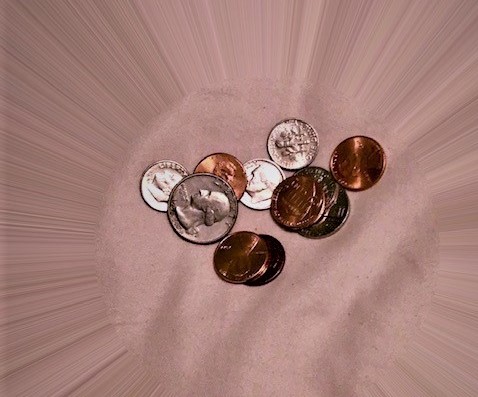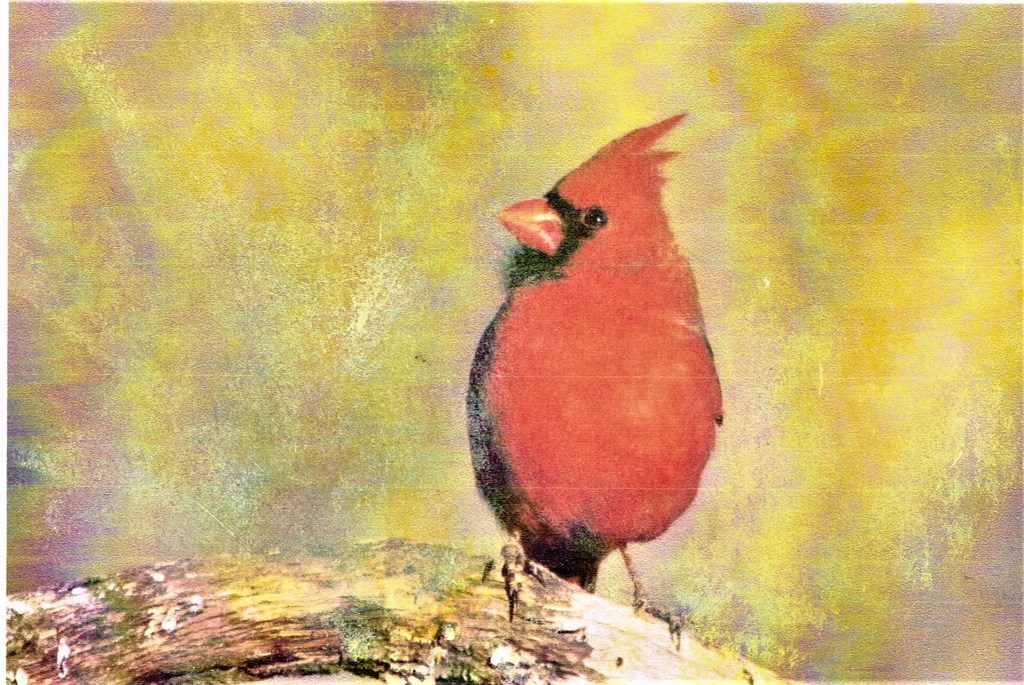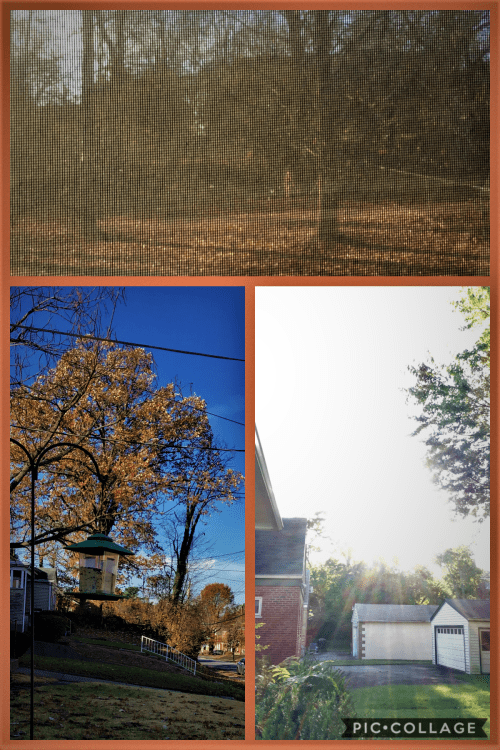
Confidence is ignorance. If you’re feeling cocky, it’s because there’s something you don’t know. Eoin Colfer
DOING RIGHT BY MAMA AND THE LORD
In Lime Creek, Kentucky we had rocks for farmland, a truck garden with more weeds than tomatoes, and a cabin set up on stones with copperheads underneath. But the snakes didn’t call us hillbillies like the folk in Ohio did, and me and my brothers and sisters didn’t have a stepmama who’d sooner kick us than share a loaf of five-cent bread.
We had Mama then. She got sick and couldn’t do nothing no more. Didn’t change her being Mama. Not to us. All of us kids took over chores. At four years old I held the metal pan for her to puke in. The blood scared me, but I never dropped the pan.
Then Mama got so skinny she hardly had enough skin to cover her bones. She asked all us kids to gather around her one day before the sun woke up. She told us an angel had come. She was going to heaven. That morning. She said she loved us. We didn’t want to hear it. Mama didn’t talk about loving—she done it. That was enough. We wanted her to stay right there in the cabin with us. Even if TB had stole all her breath and she couldn’t get out of bed no more.
Then Papa, my brothers and sisters, and me moved to Cincinnati in the summer of 1930. I had turned seven by then.
My big sister, Cloda, talked about heaven, where Mama lived, all the time. She talked about hell, too. Though I can’t say how she knew about either one. Neither Papa nor Mama ever brought us to any kind of church. And Cloda took care of Mama while she was ailing. Cloda never had time for schooling.
Cloda got this notion that she had to take me, my bigger sister Violet, and younger sister Elva to church to learn about God. Soon as we had proper clothes. So, when some folk from school dropped off a box of used stuff on our doorstep, she decided the time had come, a sign from God and a sign from Mama.
“Toy,” Cloda told me as us four girls settled down on our mattress one night, “I don’t want to hear no fussing from you about this. We’re going to honor the Lord and we’re starting this Sunday.”
My sister, Violet, groaned so I guessed Cloda had already told her about it. She leaned on her elbow and stared at us. “When you get your head on something, it sure stays stuck there. A tick don’t hold on the way you do.”
Cloda acted like she didn’t hear her, though in our tiny house, it wasn’t likely words could hide. Our room and mattress fit almost to the walls. Our bed didn’t have a sheet. We had one dingy window that opened to the morning sun, and a wood floor so worn that cleaning it was like trying to wipe the dirt off the top of an old sponge.
“Good night.” Cloda’s voice gave the notion everything would be okay. Just by setting in something called a pew and listening to a preacher talk.
I doubted it. Even as the dullest and oldest kid in third grade, I knew God took Mama away and didn’t bring her back. I couldn’t get excited about something I didn’t know nothing about. Besides, cracks around the window leaked cold air, and Violet smacked me when I leaned into her.
***
“So, what church we going to?” I asked Cloda that next Sunday as we walked what seemed a awful long way down Amity Road.
“Church of Eternal Holiness.”
“The Methodist church on Beech is a lot closer,” Violet said. She was smart and always acted like she had a bee buzzing around her that needed swatting.
“We can walk. It’ll be good for us. Besides, I like the name, with holiness in it and all.”
“What kind of church is the one we’re going to?” my little sister, Elva, asked.
“Don’t know, but a girl I work with at the trunk factory likes it.”
The church looked more like a old store than a church, no cross on it or nothing. We set down in the back, on this long bench. The room looked plain as a barn. Up front, right in the middle, stood a small, slanted table with one leg holding it up. A man, probably the preacher, leaned into it. He talked soft and down-home at first. I liked the sound of the a’s and o’s I remembered from Kentucky, more like music than in-a-hurry Ohio talk.
“Praise the Lord,” the preacher says. His voice sounded a little high for a man, something like our old neighbor, Homer’s, one of Papa’s drinking buddies.
“Praise the Lord,” the people answered, some loud, some mumbling.
“Because he tests our faith and finds us worthy.”
“Amen.”
“Oh, Lord, test our faith and heal our many sins.” Then he started hollering.
Elva scooted closer to me. “For the sins of flesh, the sins of pride and envy will condemn you into the eternal flames of hell. Sin against the word of God and forever after your death.” He stopped to look around at folks. “Your arms and legs, your head, body, and entrails will suffer the burning pain that never ends. And your soul!” He said soul like it was a bullet aimed into my chest. “Your soul will suffer forever.
I looked at Violet. She sat stiffer than the bench.
Would God send Mama down to hell?
I tried to think about something else: spending the day with friends, taming trees and eating chunk chocolate. But I couldn’t shut out the screams of the high-talking preacher up front. Folks started moving around, hopping sideways. The “Praise the Lords” and “Amens” around us kept getting louder, like a train coming closer and closer, then jumping the tracks and running us all down. Some folks hollered stuff that wasn’t words I ever heard. Kinda like gargling or baby babble, but a lot scarier.
“But we will prepare ourselves. Yes, believers, we will prepare ourselves,” the preacher said. “Fast and pray. Pray and fast. Put your faith in God. Next Sunday we will handle serpents without fear. Their poison cannot harm us because our faith is strong.” The preacher raised his arms up like he was making a Y or reaching for the ceiling.
What? I tried to sit as still as I could since I couldn’t disappear. All this yelling was bad enough. Copperheads or rattlers? My heinie wasn’t showing up for that.
As soon as the service was over, I ran out the door, Violet and Elva not far behind. Cloda stopped to shake hands with the preacher.
When we were halfway home Violet said, “Try the Methodist Church next time you get a hankering for religion, Cloda. But I’ll get a book from the library and read next week.”
“Get one for me too,” Elva said. “One about animals maybe, but nothing about anything that hisses.”
“I ain’t gonna take part in no snake handling,” Cloda said. “But it might not be a bad idea to come again a time or two and see about maybe settling in.”
“That girl from the trunk factory, the one who told you about Church of Eternal Holiness?” Violet said. “I hate to say this, Cloda, but she’s as crazy as a chicken visiting a fox den.”
I didn’t say it out loud, but I kind of wondered about my big sister too.“Tell you what,” I said. “If you try the Methodist Church on Beech Street, I’ll go with you. Besides, I heard they got some pretty good cake bakers over there. And the preacher’s sweet as fresh peaches.”
“Well, guess I could think on that, Toy.” Cloda stopped walking and looked at me like I brought up a whole new idea.
Violet rolled her eyes.
I didn’t know nothing about the church on Beech. I made it all up. And I didn’t sit still that good in school, so an extra hour in church didn’t sound like such a great idea. But you just got to help your family sometimes.
“Toy, are you out of your mind?” Elva asked kicking a pebble back into the gravel road.
“Probably.”
“Okay. Okay. I’ll read my book after we get back,” Elva said.
“You aren’t leaving me at home with wicked stepmother,” Violet shrieked.
Cloda smiled like she’d just won a blue ribbon.
We didn’t follow through as good as we could have. After the first time or two, we couldn’t be counted on to listen to a preacher who didn’t have no Kentucky sweetness in his voice. But, Violet, Elva, and me remember that day we saved our big sister from seeing Mama way too soon because she wandered into a rattlesnake pit.
We reckon Mama would be proud of us. Though Mama was proud of us, even when we didn’t do nothing special at all.
originally published in Pine Mountain Sand & Gravel No. 17, Theme: Tricksters, Truthtellers, and Lost Souls
